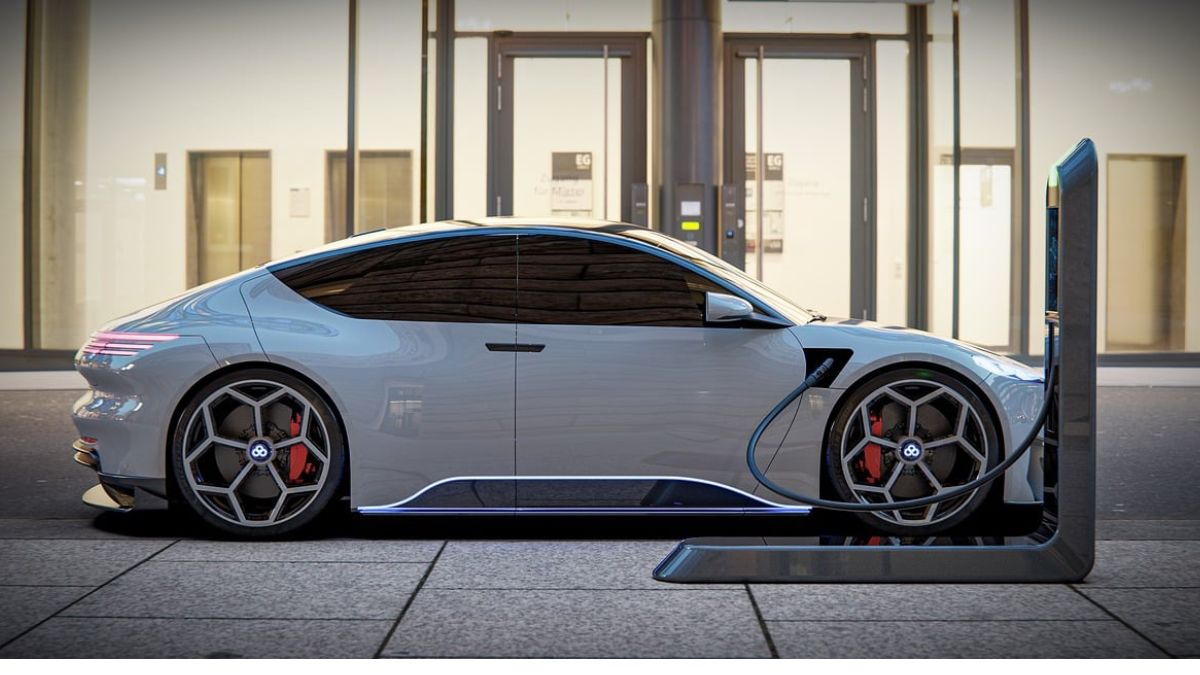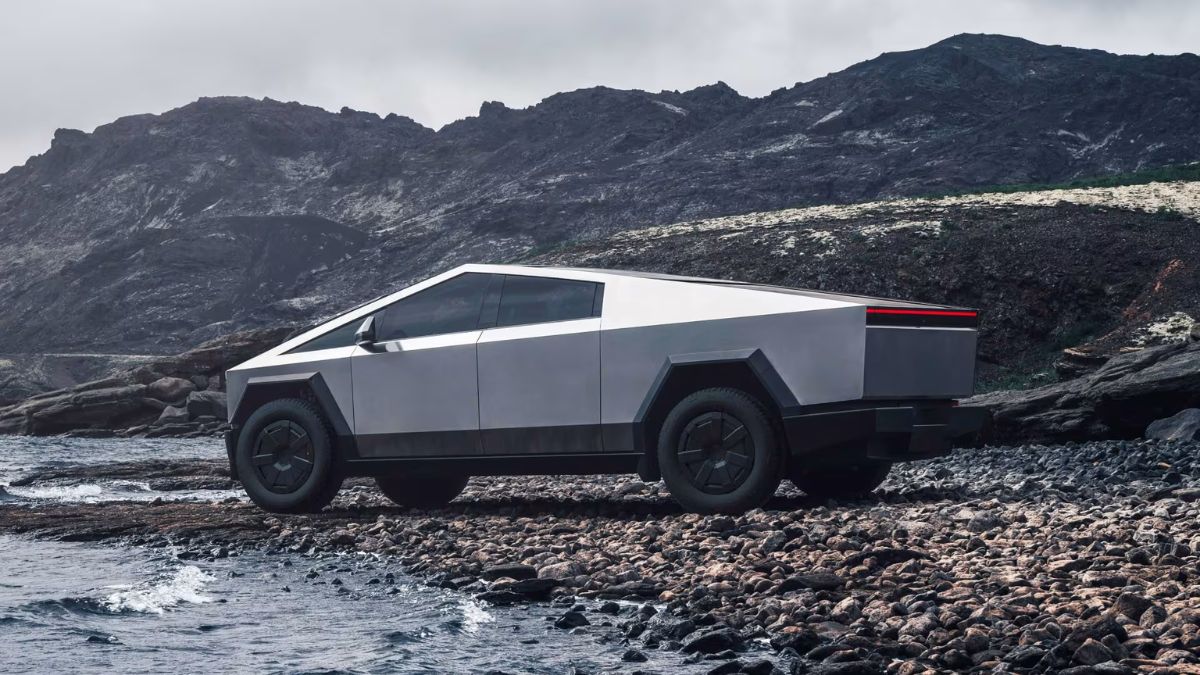Are electric cars better for the environment? It’s a common question that often leads to debate — and the answer is mostly “yes,” but it’s not that simple. To really understand their impact, we need to look beyond just zero emissions from the tailpipe.
We have to consider the entire life of an electric car — from how it’s made, the materials used, how it runs daily, and how it’s eventually recycled or disposed of. By looking at expert insights from environmental scientists, energy specialists, and automotive engineers, we can get a clearer and more reliable understanding.
Cleaner Air with Zero Tailpipe Emissions
One of the biggest benefits of electric cars is that they don’t produce any tailpipe emissions. Unlike gasoline cars that constantly release carbon dioxide (CO2), nitrogen oxides (NOx), and other harmful pollutants, EVs run clean while driving .This means fresher, cleaner air in cities — which is great for public health, especially in crowded urban areas where pollution levels are usually higher.
The Hidden Environmental Cost of Making Electric Cars

While electric cars are clean on the road, their story starts long before driving — and that’s where things get tricky. Building any car, whether electric or gas-powered, uses a lot of energy and resources.
For EVs, making the large batteries is the most energy-heavy part. Mining for materials like lithium, cobalt, and nickel takes a lot of energy and can cause environmental harm, like water shortages and land damage in mining areas.
Because of this, electric cars often have a higher carbon footprint when they’re first made — with battery production alone sometimes making up around 40% of their total emissions before the car is even driven.
EVs Make Up for Their Carbon Footprint Over Time
Even though making electric cars creates more emissions upfront, research shows they still produce far fewer greenhouse gases over their lifetime compared to gasoline cars. According to the International Council on Clean Transportation (ICCT), the total emissions from electric cars are almost four times lower than those of gas-powered vehicles.
Even if the electricity comes partly from fossil fuels, EVs still pollute less because they use energy much more efficiently. While gasoline engines only convert about 17% to 21% of fuel into movement, EVs can turn about 60% of the electricity they use into actual driving power.
Cleaner Energy Means Cleaner EVs

The environmental impact of an electric car depends a lot on where its electricity comes from. In places where power mostly comes from renewables like solar, wind, or hydropower, charging an EV creates very little pollution — making it a much cleaner option .As more countries switch to cleaner energy sources, the environmental benefits of driving electric cars will keep getting better.
What Happens When EVs Run on Fossil-Fuel Power
In countries where electricity is still mostly made from fossil fuels like coal — such as India — charging an EV does create some pollution at the power plant. This means EVs in these areas might have higher “well-to-wheel” emissions compared to places with cleaner energy.
But even then, studies show that EVs usually still produce fewer emissions over their lifetime than gasoline cars. That’s because electric motors are more efficient, and power plants can manage emissions better than millions of car engines.
Beyond Carbon: Other Environmental Benefits of EVs

The environmental impact of cars isn’t just about carbon emissions — electric vehicles help in other important ways too:
Less Noise Pollution: EVs are much quieter than gasoline cars, especially at low speeds. This helps make cities more peaceful and can also benefit wildlife.
Lower Oil Dependence: Since EVs don’t need gasoline or many traditional lubricants, they help reduce the environmental risks of drilling, transporting, and spilling oil.
Better Battery Recycling: Making EV batteries uses a lot of resources, but recycling tech is improving fast. Old EV batteries can now be reused for things like home energy storage before being fully recycled. Creating a system to reuse and recycle these materials is a big focus for the future.
Final Thoughts: Are Electric Cars Better for the Environment?
In the end, the answer to “are electric cars better for the environment” is a confident yes, but with some important details. Making EVs, especially their batteries, does have an environmental cost. However, this is outweighed by the much lower emissions EVs produce over their lifetime compared to gasoline cars.
As more power grids shift to clean energy and battery recycling gets better, electric cars will become even greener. This makes them an essential part of building a cleaner, more sustainable future for transportation.

